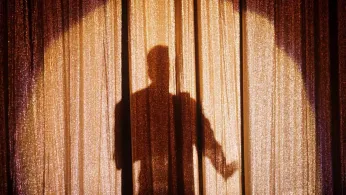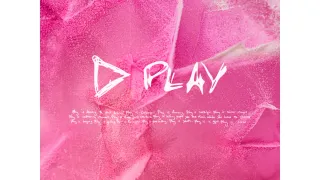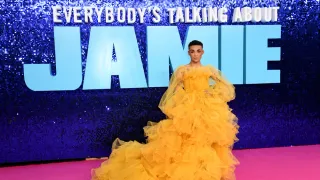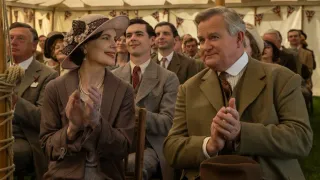
4 hours ago
University of Central Oklahoma Students Rally After “Boy My Greatness” Cancellation, Spotlighting Queer Censorship
READ TIME: 3 MIN.
When the University of Central Oklahoma (UCO) announced the cancellation of its scheduled theatre production of "Boy My Greatness," students and faculty alike were caught off guard. The play, which explores the lives of a troupe of young performers as they navigate questions of gender and identity, had been slated for an on-campus run as part of the university’s commitment to diverse programming. The abrupt decision to halt the production, however, quickly became a flashpoint in a broader conversation about queer representation, campus censorship, and the resilience of queer and allied communities in the face of adversity .
According to statements from university officials, the cancellation stemmed from concerns over Title IX compliance, as well as contractual issues with the play’s author, Zoe Senese-Grossberg. The university administration claimed it had reached out to Senese-Grossberg with a revised contract that introduced new legal clauses, including specific language about casting and gender—provisions that had not been in the original agreement. On the advice of the Dramatists Guild, Senese-Grossberg declined to sign the document, citing concerns that the new contract could set a precedent for restricting creative work dealing with gender and sexuality .
Senese-Grossberg told Playbill, “It really does freak me out in regards to my work, which is often dealing with gender and sexuality. Laws seem to be built in such a broad way that anything can be censored should the people in power want to. When thinking about it in relation to this show, it feels not just a case of artistic censorship but part of a broader effort to keep trans people out of public life and to erase them from any historical narratives.”
The news of the cancellation galvanized UCO’s student body, particularly those involved in the theatre department. Rather than accept the administration’s decision, students organized an independent production of "Boy My Greatness" off-campus, enlisting the support of local queer organizations, alumni, and community allies .
Social media became a rallying point as students shared updates, organized rehearsals, and crowdfunded to secure a new venue. The grassroots campaign highlighted both the solidarity and the creative ingenuity of the queer community and its supporters in central Oklahoma. “This isn’t just about one play,” said student organizer Jordan Thorne in a statement to Playbill. “It’s about making sure that queer and transgender voices are heard, even when others try to silence us” .
The cancellation of "Boy My Greatness" did not occur in isolation. Across the United States, there has been a rise in the removal of books and plays dealing with queer themes from school curricula and libraries, often under the guise of compliance with new educational regulations or parental complaints. In Orange County, Florida, for example, students have been barred from reading works by Pulitzer and Tony Award-winning playwrights for reasons that remain opaque and often unchallenged .
Senese-Grossberg expressed concern that the contractual tactics used in the UCO case—namely, clauses targeting casting and gender—might become a tool for broader censorship of LGBTQ+ stories in educational settings. “It concerns me about future productions of this play, if schools will use this as precedent to not produce it,” she noted .
The students’ independent staging of "Boy My Greatness" drew an audience that included local activists, educators, and members of the wider queer community. The production became not just a theatrical event, but a community gathering and a symbol of resistance. Local media coverage amplified the story, with many commentators noting the courage and tenacity of the student organizers .
The incident also prompted statements from national organizations, including the Dramatists Guild and the Human Rights Campaign, both of which condemned the trend of censorship and called for clearer protections for LGBTQ+ expression in the arts .






